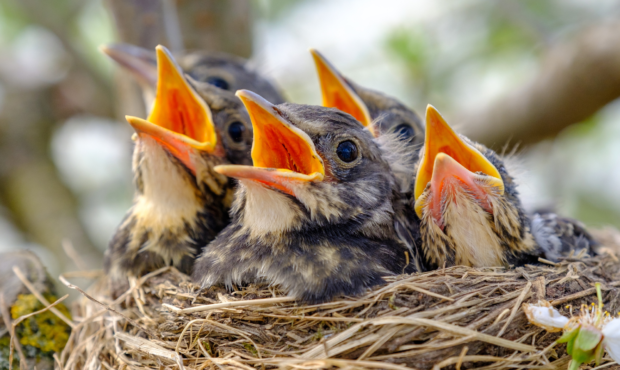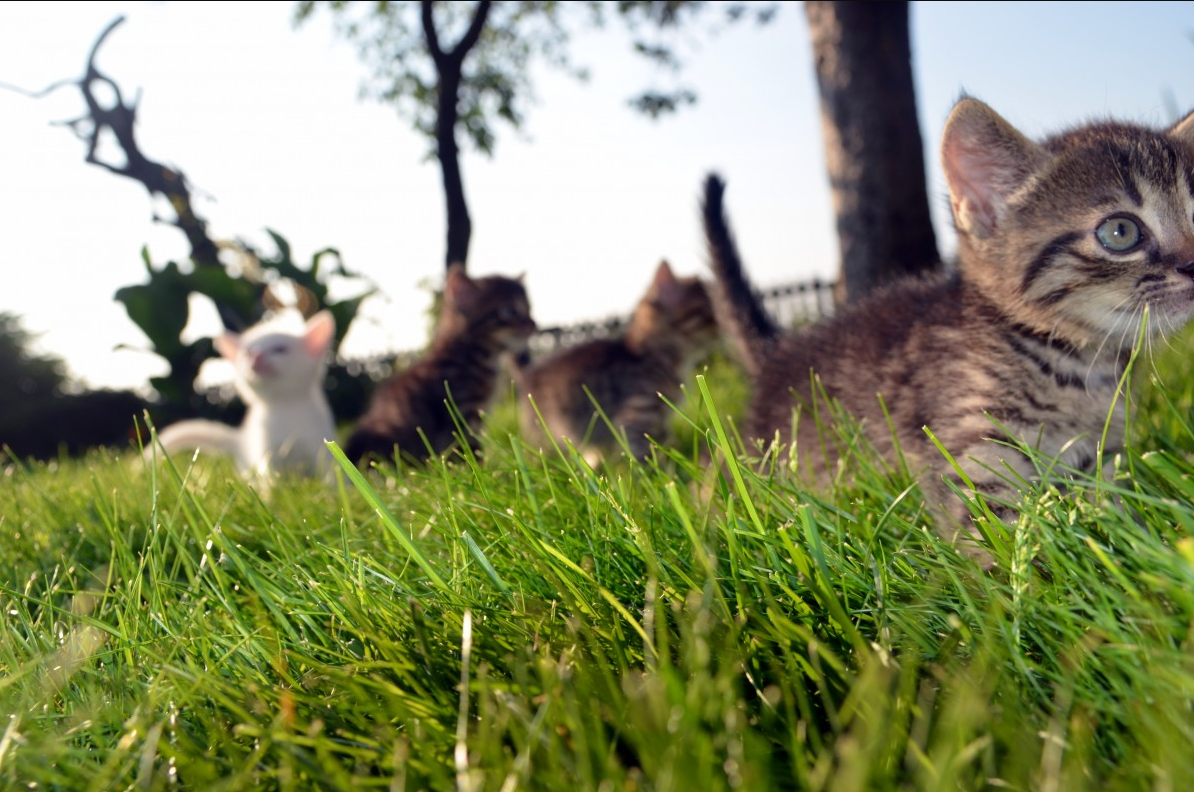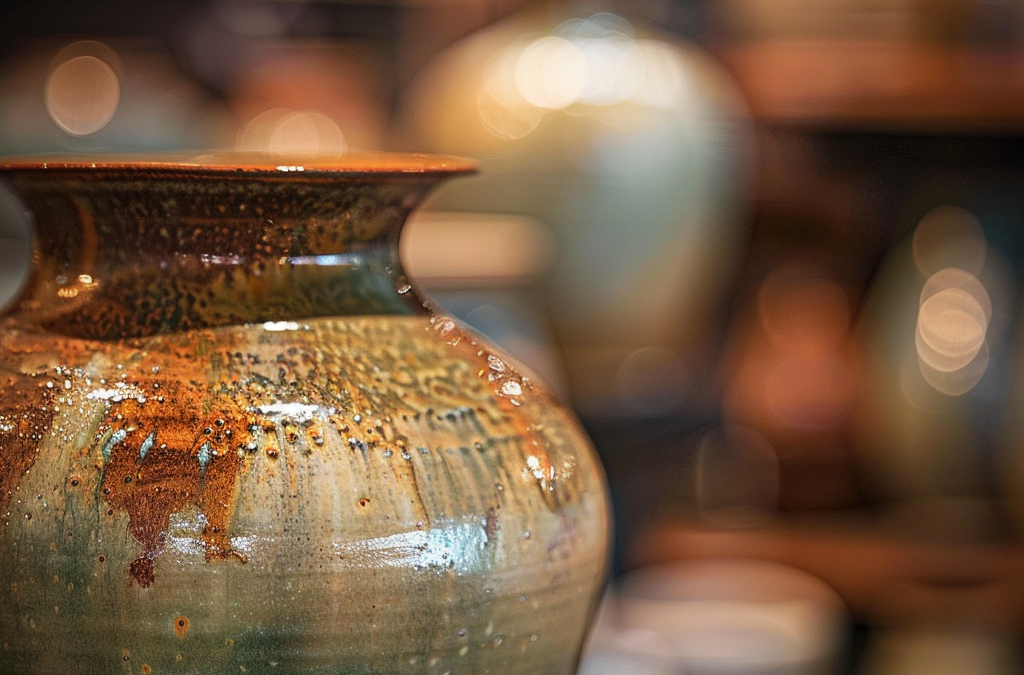For those visiting or living in areas that house wild birds, it is always exciting to come across young wildlife, including baby birds and owlets. Before initiating care or any interference with the animal, it is important to recognize that many of these animals are not in any harm. Chicks that live on the ground that may look to be out of their nest should not be disturbed as their parents will continue to protect them, however observing such wildlife from a distance is beneficial to a quality educational experience.
Game and Fish personnel have received an overwhelming influx of calls from residents or visitors who have discovered baby birds or other young wildlife they believe to be orphaned. Fortunately, the majority of these animals are not in any sort of danger; many game species such as grouse, turkeys, and pheasants as well as meadowlarks, killdeer, and some sparrows nest on the ground, so their chicks are accustomed to living on the ground. Additionally, owlets may naturally fall from tree nests before they have the ability to fly.
In all of these cases, the parent birds remain nearby and continue to care for their young. It is important to keep in mind that picking up or moving a chick will stress it out, so it is best to leave them where they are found. However, this is a great opportunity to educate children on the importance of leaving wildlife alone and allowing them to thrive in their natural habitats.
Children can also help by keeping pets indoors temporarily and, in the case of dogs, having responsibility for taking the dog outside only on a leash for a few days. This will allow the chick to gain strength and fly away on its own, which is natural and safe behavior.

It is amazing to witness a newborn calf or fawn in its natural environment, but it is important to remember that their best chance for survival is to remain perfectly still and hidden. People should be proud of the incredible ability of these animals to survive on their own, and should trust that mother nature is taking care of them.
However, if you come across an injured animal or see reason to believe a fawn or calf is orphaned, please make sure to contact the Sheridan Regional Office at 307-672-7418. Doing so will help ensure the best possible outcome for the animal and protect your own health.
It is important to remember that wild birds do their own parenting and a found chick may just be acted normal, living and being cared for on the ground as designed. If such circumstances arise, children can help by approaching with caution, educating themselves and promoting awareness, and finally, restraining domestic pets from nearby presence. In doing so, the parental birds are given an adequate window of time to properly care and develop their young in a safe natural habitat, without unnecessary disturbance or interference.






